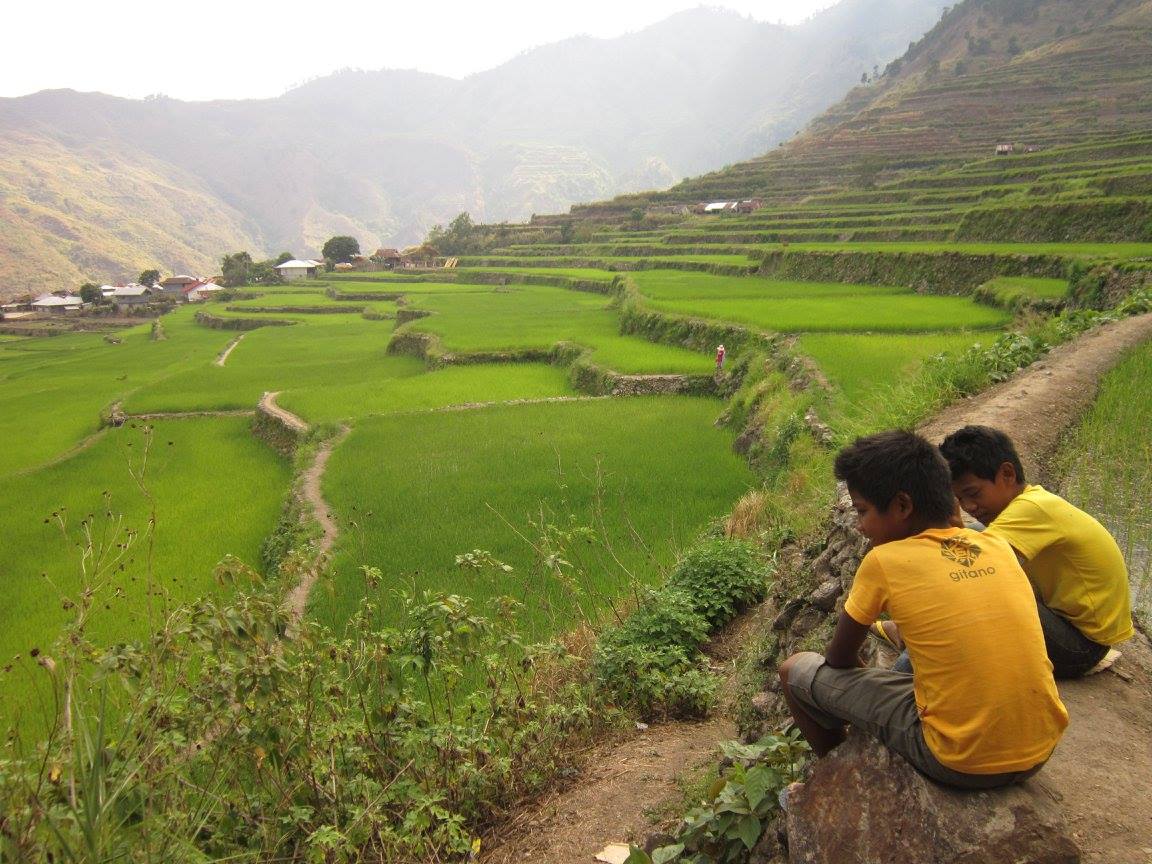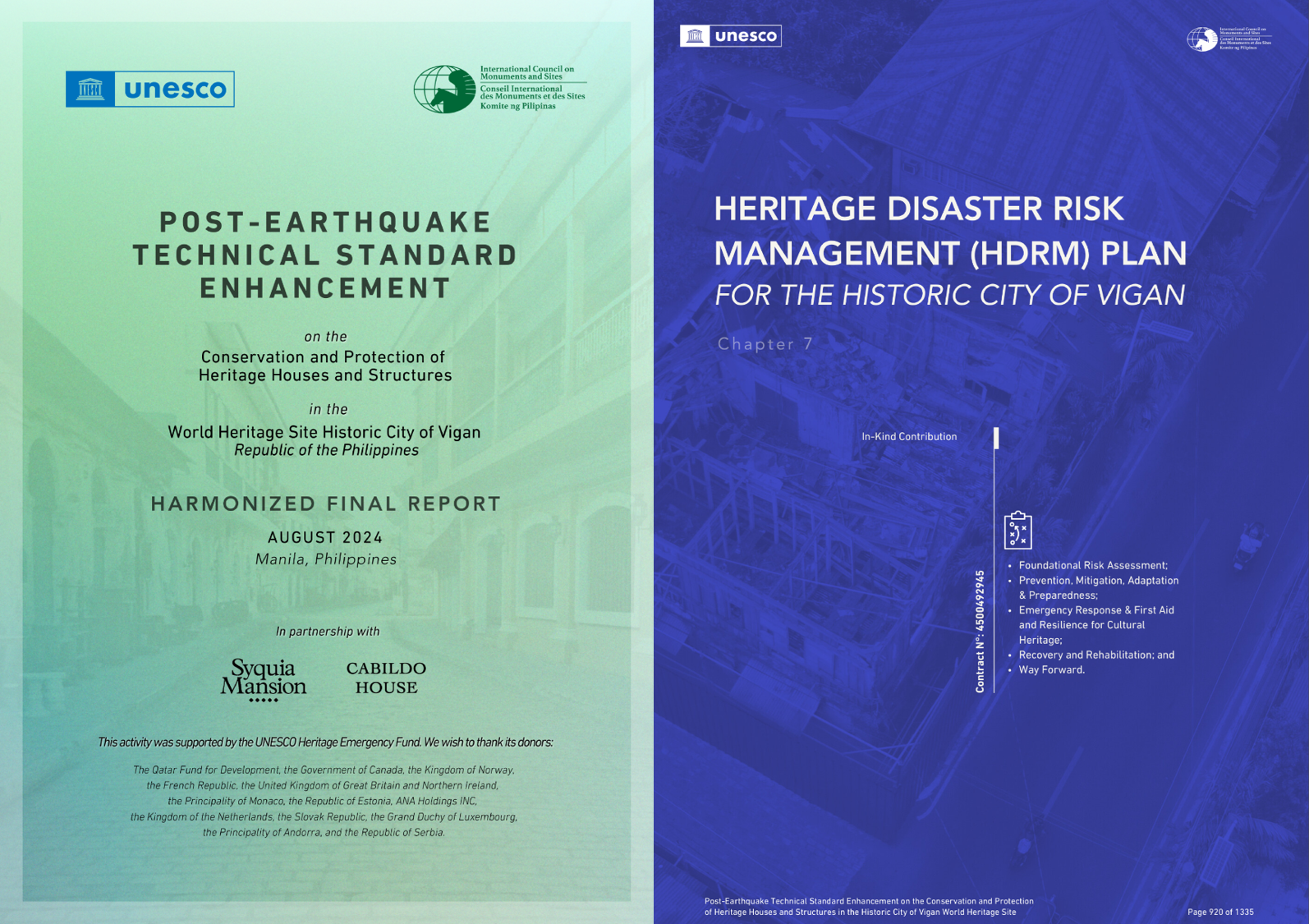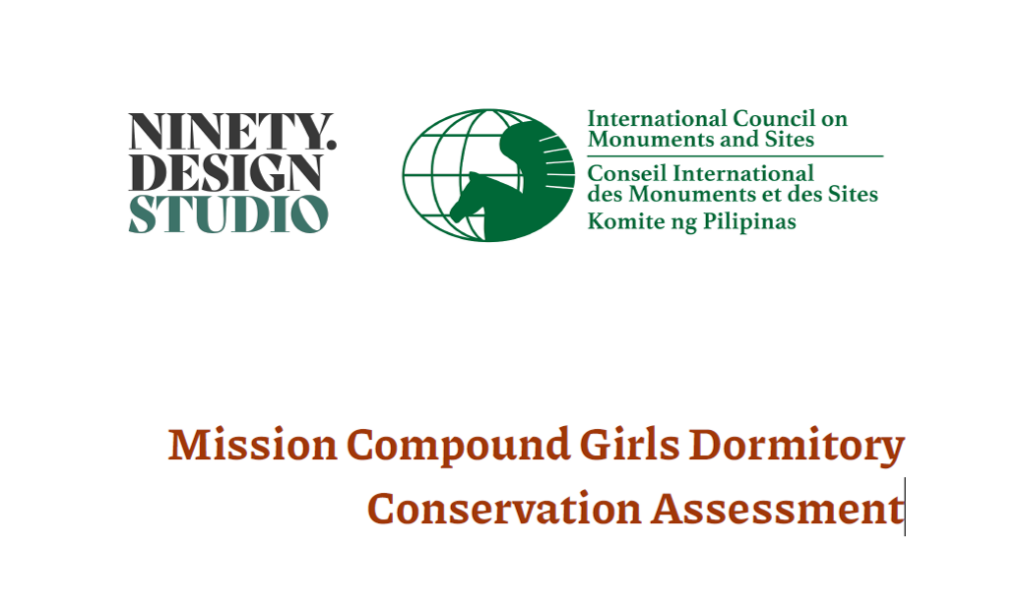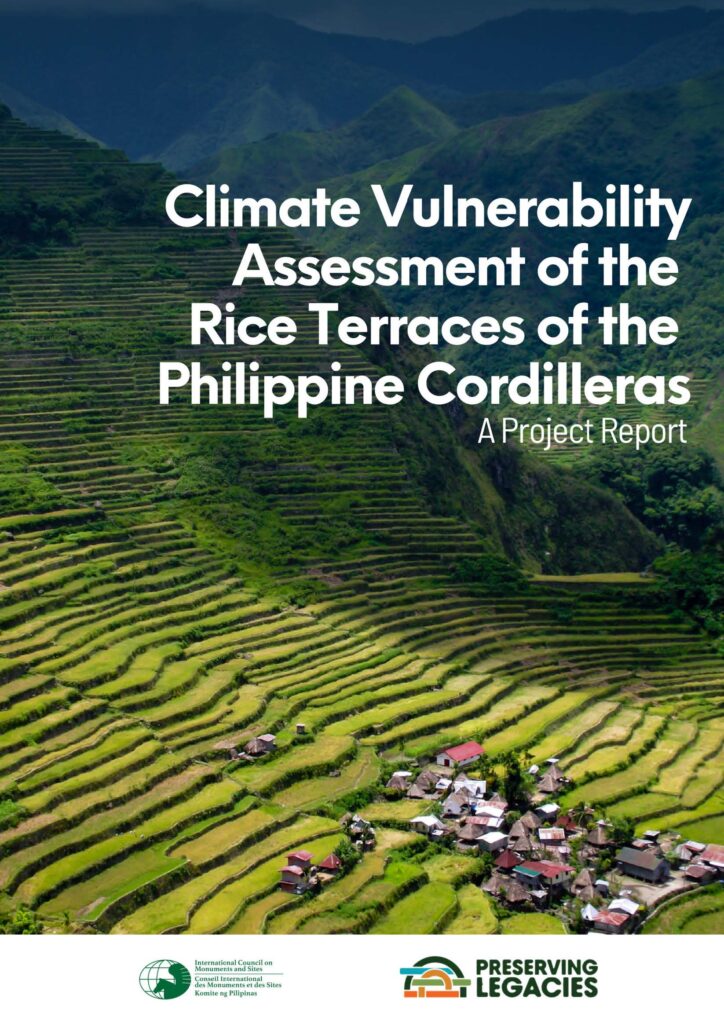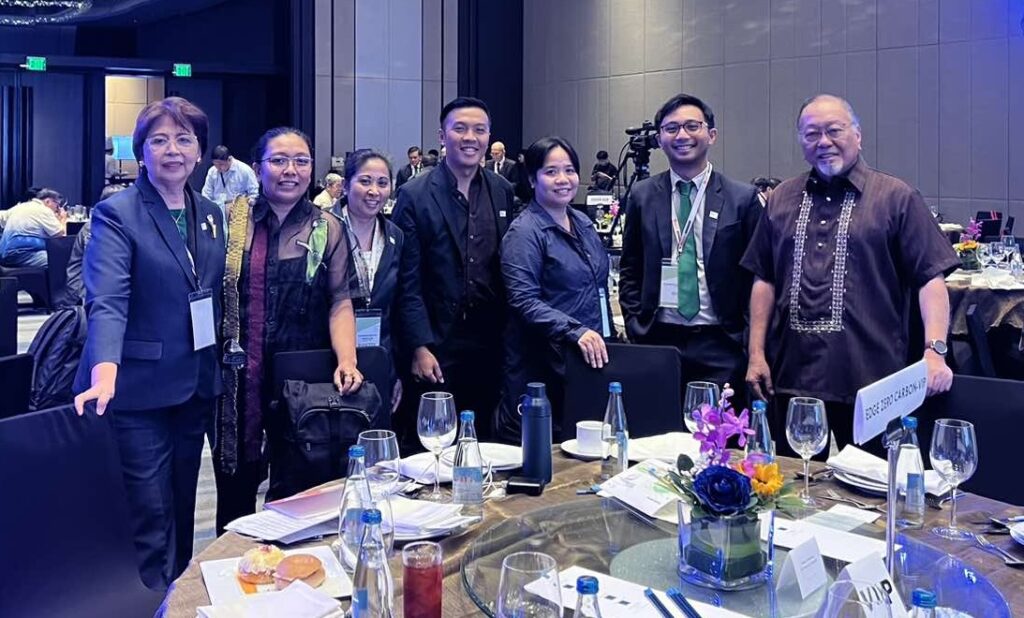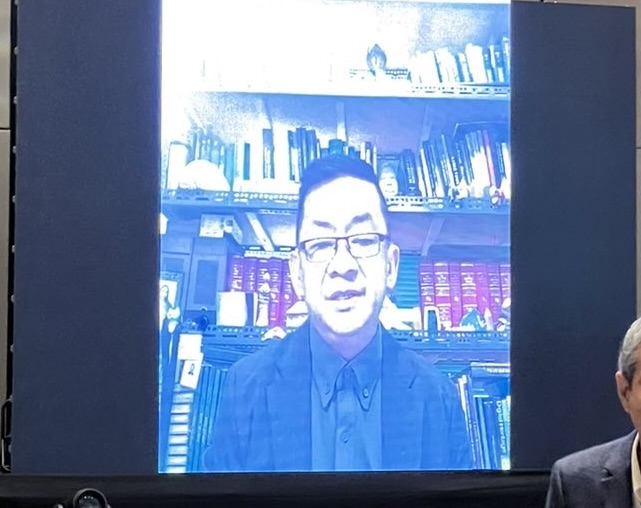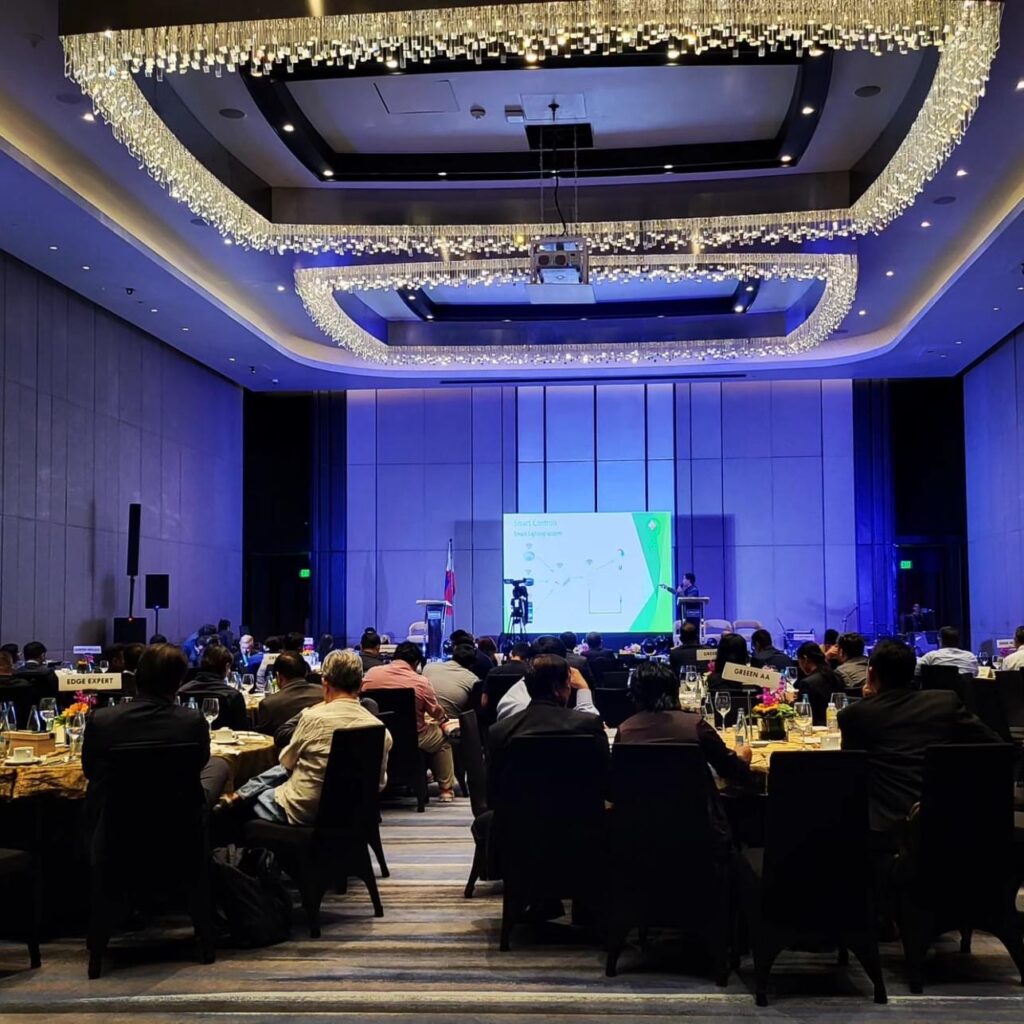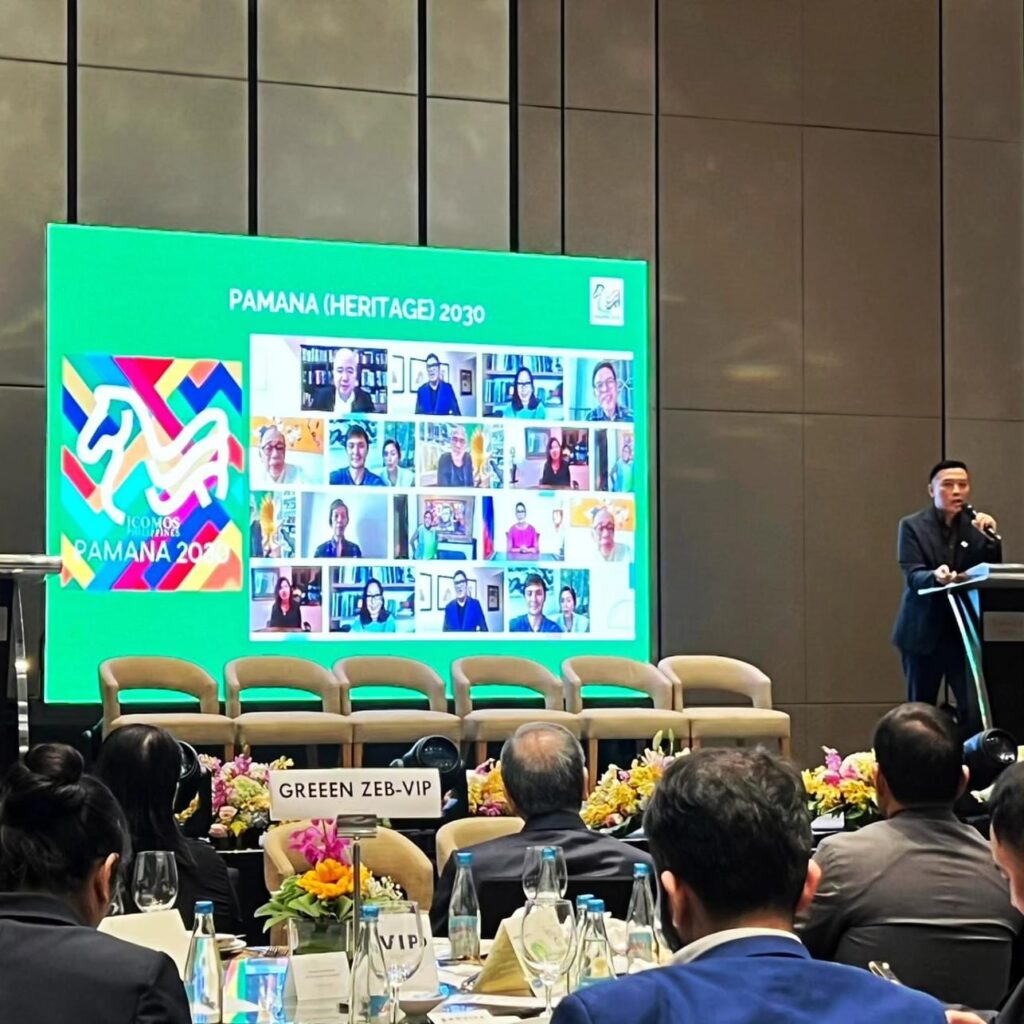Manila, Philippines – The 2022 Luzon Earthquake in the northwestern part of the island brought devastation to many heritage ancestral homes and other heritage properties within the World Heritage Site, Historic City of Vigan. In response, ICOMOS Philippines was granted the first-ever UNESCO Heritage Emergency Fund (HEF) to support the enhancement of technical standards for the conservation and protection of heritage houses and structures following the earthquake.
This year marks the culmination of this significant collaborative effort between the expert conservation teams, stakeholders of Vigan, the local government, local cultural institutions, tradespersons, contractors, technicians, and, most especially, the local homeowners.
As part of this anniversary, ICOMOS Philippines will release the one and only municipal-level Disaster Risk Management Plan for the World Heritage Site Historic City of Vigan in the Philippines. This momentous occasion brings together learnings from the post-earthquake recovery, including risk and hazard assessments, disaster preparedness and emergency planning, governance and institutional arrangements, ongoing monitoring, maintenance, and sustainability, communication and community resilience, and policy / legal framework integration.
This chapter report is the seventh of the twelve chapters that ICOMOS Philippines will release to the general public. This is a multi-dimensional plan, covering risk, governance, capacity building, recovery, and sustainability. The plan is anchored in both heritage conservation and modern DRM practices, making it a model for integrating cultural heritage into community resilience.
ICOMOS Philippines will soon release the remaining eleven chapters not only for the consumption by the general public but also for ensuring transparency, institutional learning, and long-term resilience for the cultural heritage sector. The activities in Vigan generated critical assessments, data, and recommendations that are highly relevant to government agencies, training institutions, cultural site custodians, researchers, and disaster-risk managers. The full report synthesizes the project’s methodology, findings, and lessons learned—information that must be accessible to stakeholders to reinforce the sustainability and impact of the intervention.
To download the full version of the report: https://bit.ly/UNESCOHEF_CH7
#UNESCO #unescoJAKARTA #ICOMOS #icomosPHILIPPINES #HeritageEmergencyFund #firstHEF #WorldHeritageSite #HistoricCityofVigan #PhilippineHeritage #SustainableHeritageManagement #ProtectHeritage
